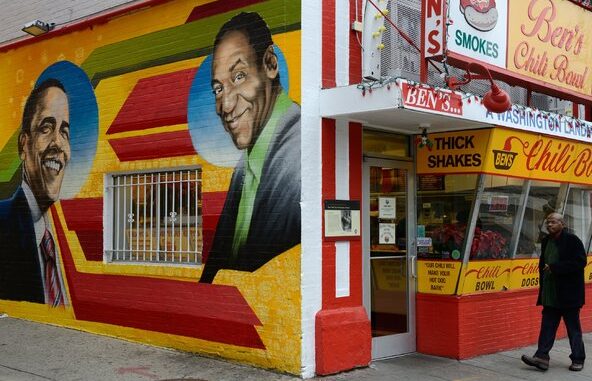
“The Cosby Show” premiered in 1984 and quickly became a landmark in American television history, reshaping how Black families were portrayed in the media. Despite the controversy surrounding Bill Cosby in later years, the show’s impact continues to resonate for several important reasons.
First, The Cosby Show broke new ground by depicting a successful, upper-middle-class Black family—an image that was rarely seen on television before. The Huxtable family, headed by Cliff Huxtable (played by Cosby), was portrayed as intelligent, loving, and fully integrated into mainstream American life. This was a sharp contrast to the stereotypical depictions of Black families that often appeared in media at the time.
Moreover, The Cosby Show addressed a range of important social and cultural issues, from education and professional achievement to family dynamics and generational conflict, all while keeping its focus on humor and relatability. The show’s ability to tackle serious topics with warmth and wit helped it resonate with a broad audience, transcending race and cultural boundaries.
The show’s legacy also extends to its influence on future television programming. It paved the way for other shows that followed, like A Different World and Fresh Prince of Bel-Air, both of which featured Black characters in leading roles and explored the nuances of Black life in America.
Even as the controversies surrounding Bill Cosby’s personal life have complicated the show’s legacy, The Cosby Show still matters because it was a cultural touchstone that expanded what was possible in television storytelling. It challenged the norms of its time and proved that diverse narratives could be both commercially successful and critically acclaimed. The show continues to be remembered for its contributions to shifting public perceptions of Black families and its role in the broader evolution of American television.